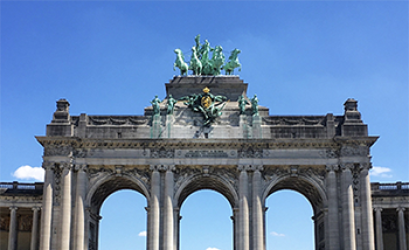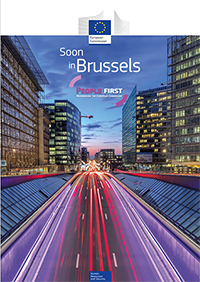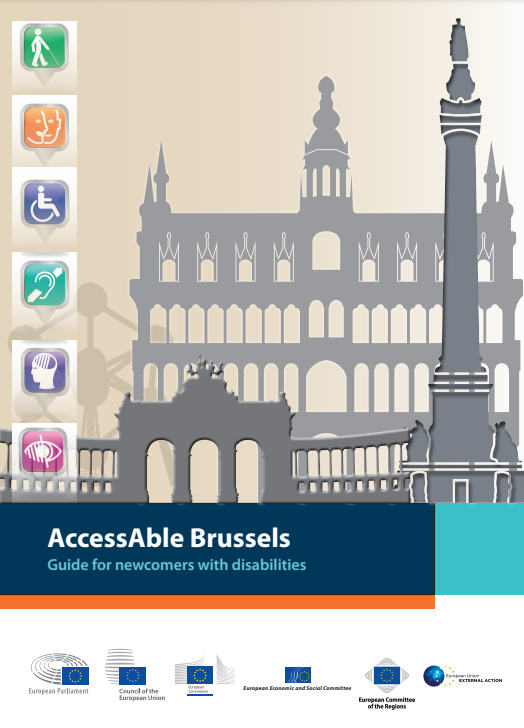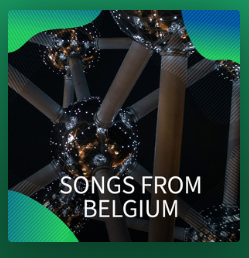
Working and living in Brussels

Information about living in the capital of Belgium, where several of the EU institutions and bodies have their headquarters
Brussels is a small but vibrant capital city with lots to offer. Are you wondering whether Brussels is the right place for you and your family to live? Then check out the links below to learn more.
- Expat Welcome Desk: information about life in Brussels, including administrative aspects (EN, FR and NL).
- Brussels-Capital Region: information on culture, leisure, sports, public transportation, education and housing (EN, FR and NL).
- City of Brussels: information on culture, leisure, sports, public transportation, education and housing (EN, FR and NL).
- Brussels Mobility: information and news about public transportation and mobility-related initiatives in Brussels (EN, FR and NL).
- Visit Brussels: information about leisure activities, including restaurants and cultural events (EN, FR, NL, ES, DE, IT and PT).
- Brussels Museums: information on all Brussels museums, big and small (EN, FR and NL).
- Brussels Agenda: information on concert venues, cinemas, nightlife, activities for families and more (EN, FR and NL).
- BOZAR: information in EN, FR and NL, on a dynamic and diversified cultural programme of concerts and exhibitions: a multidisciplinary approach in which debates, theatre, cinema, literature and other disciplines meet to reflect on the connections between art and society.
- Brussels Times: learn more about what is happening in Brussels on a daily basis, including local politics (EN).
In 2023, Brussels-Capital Region was among the winners of the European Capitals of Inclusion and Diversity Awards, in the category of local authorities above 50,000 inhabitants. The Region was awarded the second prize for its many initiatives and long-term strategy around diversity and inclusion.
In 2023, according to the annual ‘Mini-Bru report’ by the Brussels Institute for Statistics and Analysis, non-Belgian European nationals corresponded to 23% of Brussels’ inhabitants, making it a truly ‘European capital city’. (source: BELGA, the Belgian news agency)
Disclaimer: please note that EPSO cannot be held responsible for the links provided by external entities and made available on this webpage.
- Starting a new job in Brussels with the EU
- Guide for newcomers with disabilities
- Spouses and partners
- European Schools in Brussels

The European Commission’s Welcome Office helps newcomers and their families settle in Brussels (and in Luxembourg too).
They make available useful information and the ‘Soon in Brussels’ guide to give newly arrived Commission staff an overview of what they can expect when moving to Brussels, and to give them tips and information to make their new start successful!
This information is publicly available to all and can be of benefit to anyone interested in learning more about Brussels and wishing to join in the future the European Commission, as well as other Brussels-based EU institutions.

The EU institutions prepared a guide to welcome staff with a disability to Brussels, at the start of their career or traineeship.
The guide aims to help staff with their new start and make it as smooth as possible. It provides pointers so that new staff can make the best possible choices in terms of accommodation, transport, and leisure activities.
Its content can also be of interest to those planning to join EU Careers in Brussels, and that is why EPSO is also making it available here.
If you are planning to move to Brussels to work for the EU and your spouse or partner is accompanying you, you may wish to learn more about the support offered by Actiris Brussels to people newly arrived to Brussels to help them find a job.
Their website is available in English, French and Dutch.
Learn more about the multilingual network of European Schools in Brussels where many children of EU staff go to school.
- European School, Brussels I (Uccle + Berkendael campuses)
- European School, Brussels II (Woluwe + Evere campuses)
- European School, Brussels III (Ixelles campus)
- European School, Brussels IV (Laeken campus)
Meet EU staff
- 0
- 1
- 2
- 3
- 4
- 5
- 6
- 7
- 8
- 9
- 10
- 11
- 12
- 13
- 14
- 15















